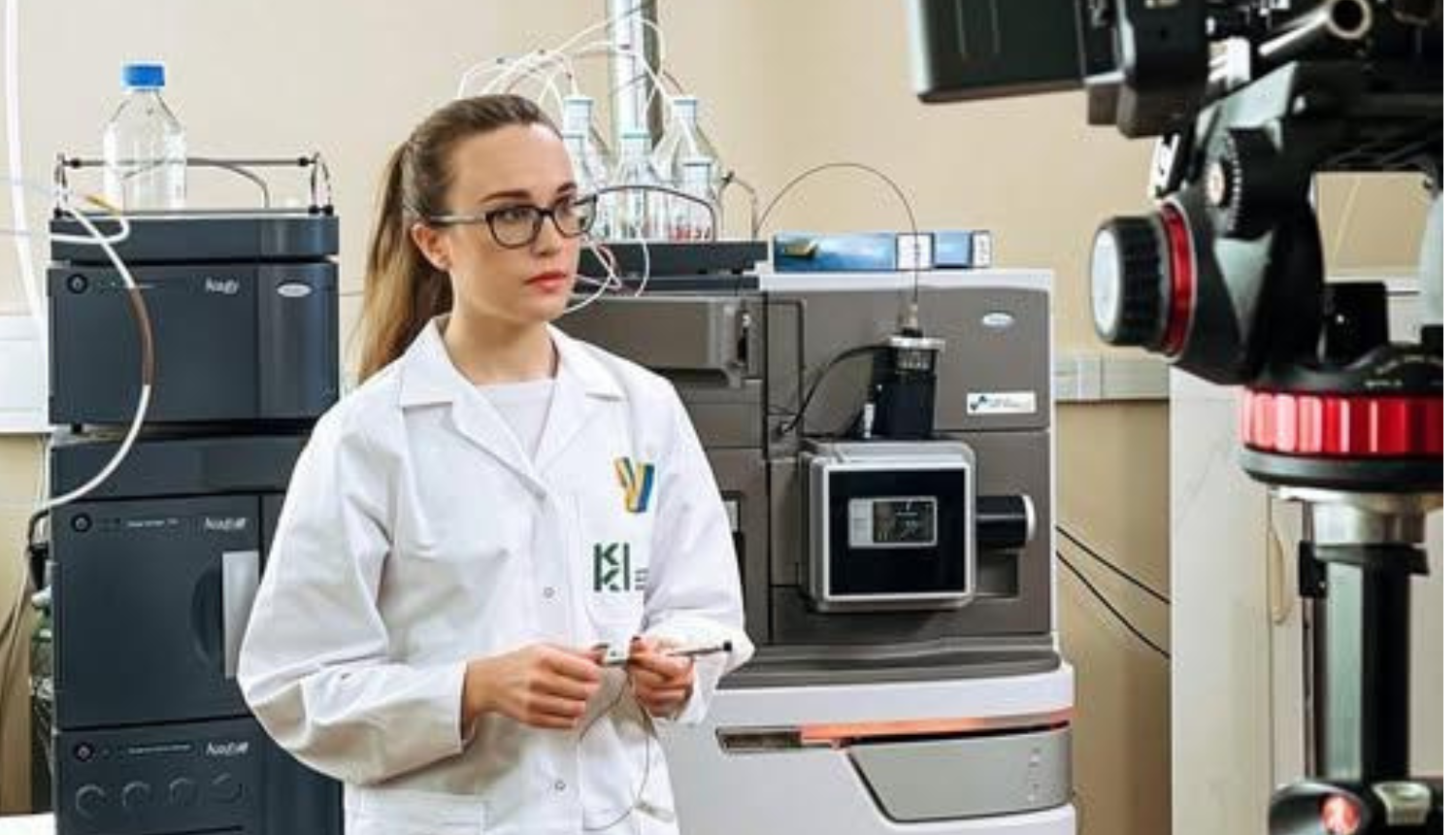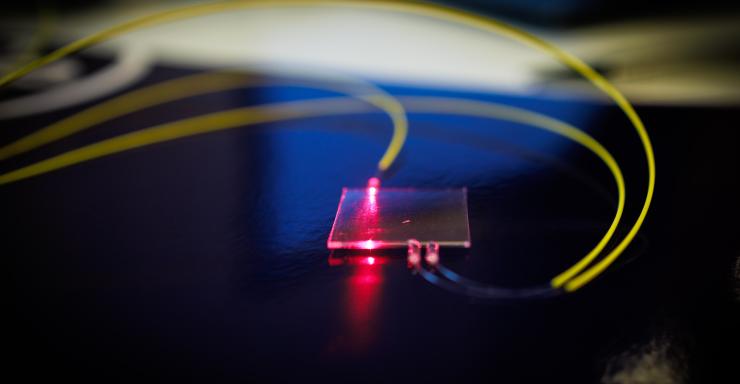At the Latvian State Institute of Wood Chemistry, we are exploring how birch bark waste – a largely underutilized byproduct of the plywood and pulp industries – can be transformed into eco-friendly wood protection solutions. Instead of burning birch bark for energy, the institutes latest research, led by Daniela Godiņa, investigates how suberinic acids (SA) extracted from birch bark can serve as a sustainable alternative to petroleum-based wood treatments.

Key Findings from Our Study (Published in the Journal of Renewable Materials):
- Suberinic acids enhance wood’s resistance to moisture and fungal degradation, extending its durability.
- SA-based solutions can replace harmful chemicals currently used in construction and wood preservation.
- Ethanol-dissolved suberinic acids (DSA-EtOH) demonstrated the best impregnation efficiency and long-term resistance to leaching.
- The findings open doors to eco-friendly coatings, adhesives, and protective treatments for sustainable construction.
Why does this matter?
Circular bioeconomy in action – Instead of waste incineration, we upcycle birch bark into valuable materials.
- Sustainable building solutions – SA-treated wood offers improved water resistance without toxic additives.
- New possibilities for green chemistry – Further research could optimize SA formulations for broader applications.
Read the full paper here (Technical study for materials science & bioeconomy professionals)
Meet the Scientist Behind the Research – Daniela Godiņa Daniela is a 2025 Baltic States Fellowship recipient for Women in Science and a specialist in analytical chemistry at LSIWC. Her research focuses on birch bark’s chemical composition, including suberinic acids for wood protection and betulin. With 11 scientific publications in 2024, she is a recognized researcher advancing sustainable material science. Passionate about innovation, she actively contributes to scientific outreach and student mentoring.


